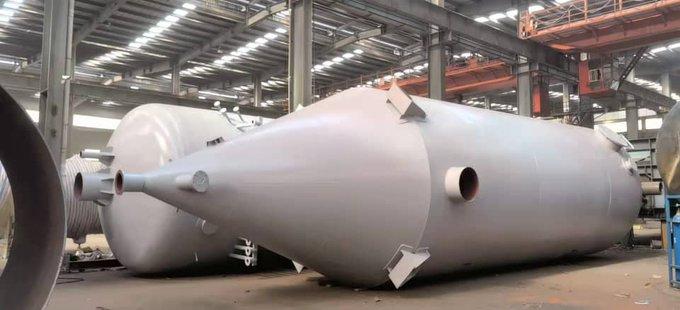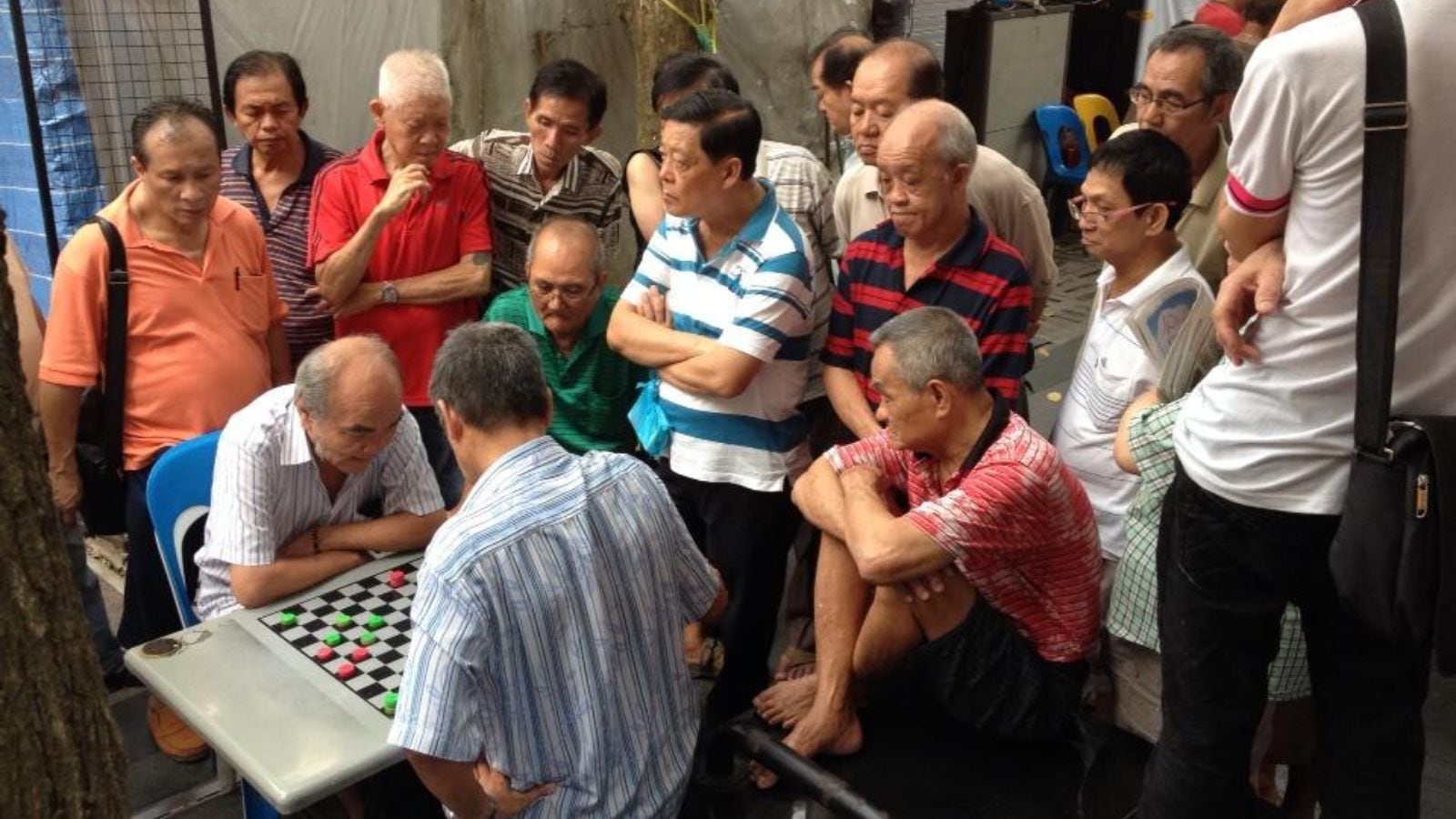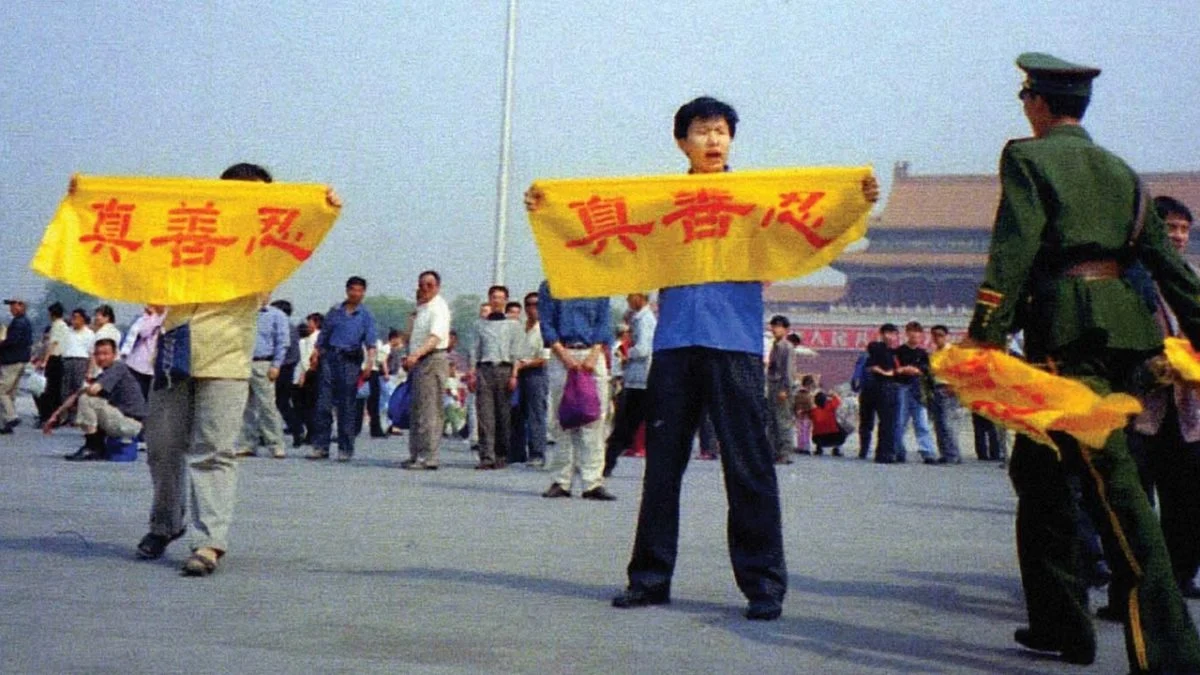Zimbabwe: New Chinese Steel Plant Accused of Exploiting Workers
Chinese-owned Dinson Iron & Steel Company (DISCO), engaged in building Africa’s largest steel plant with an investment USD 1 billion in Manhije, Mvuma, about 192 kilometres south of Harare, has been alleged by the workers of the firm for dehumanising working condition, forced work and exploitation. The workers backed by the Zimbabway Congress of Trade Unions (ZCTU) stated that they are compelled to work without safety equipment and not provided with basic facilities like proper toilets and canteens. Their right to take leave to meet their family members or to attend personal exigencies is also violated brazenly and they have to often resort to lies to get their well deserved leave.
Although DISCO, a subsidiary of China’s largest stainless steel manufacturer, Tsingshan holdings denied the allegations against them as a smear campaign, this is not the first time that a Chinese company in Zimbabwe or an African country is facing such allegations. A Canada based think tank International Forum for Rights and Security (IFRS) had pointed in a 2022 report that China’s engagement with African countries is mired in deep rooted racial prejudices leading to violation of human rights, injustice and exploitation.
The IFRS report also suggested that there are significant cases of labour abuses as the local labour is paid inadequate wages, provided with no social security and safety equipment even while they work in mining and infrastructure sectors where the risk of injury is very high. In case of accident, they are neither provided with any compensation nor any assistance. The problem is further accentuated by the fact that Chinese firms usually do not prefer to have legally binding labour contracts, making a legal recourse by the workers impossible. Most of the workers are working without official contract and do not have any proof of employment, leaving them vulnerable to unfair termination.
In the present case the workers have alleged that they are paid USD 4 a day, half in local currency and other half in US dollars. The ZCTU is also said to have complained in January 2023 to the minister of public service, labour and social welfare Paul Mavima about conditions at the plant and asked for intervention, but without any redress, Another workers union the Zimbabway Construction and Allied Trades Workers’ Union (ZCATWU) which tried to investigate the worker’s plight was denied entry into the plant by the management.
Last year the Centre for Research and Development (CRD), a Manikaland- based natural resources governance organisation stated that Chinese mining operations in Odzi violated laws that regulate health and safety issues. In yet another report of Africa Daily, it was alleged last year that a Chinese run gold mining company operating in the Odzi peri-urban of Mutare district, Zimbabwe that managers of the Chinese company were ill treating workers and flouting the labour laws of the country. The Chinese company registered as Odzi Resources Zimbabwe Private Limited runs a number of gold mines in the country including in Mashawa, Mbalabala, Bulawayo, Kwekwe and Mzowe.
Last September the Zimbabwe Diamond and Allied Workers Union (ZDAMWU) appealed to the Chinese Embassy in the country to intervene and ensure Chinese investors comply with the laws of the country.
The developing and poor countries in Africa have welcomed Chinese companies for investing in development of their natural resources and infrastructure, but latter had never been above board in compliance to the local laws and forthcoming for protection of labour rights. Although a major part of raw material for the use of Chinese industries is extracted in African countries and imported from there, the Chinese investors and companies pay little or no attention to social and environmental impact of their activities in the host countries.
China takes advantage of capital deficiency in the African countries and funds their projects, even some of them which have political importance, such as Zimbabwe Parliament building or those which have people’s appeal like hospital, but these are only baits to engage with these countries to take advantage of their natural resources. It has little to help either industrialisation of these countries or enhance the living standard of the people.
Another concern of the African countries is that the Chinese companies bring workers from China for their projects in their countries and the trend is now at upswing. Way back in 2016, the Brookings Institution reported that about 10000 Chinese workers had been employed in Zimbabwe in mining, telecommunication and construction sectors. This leads to dissatisfaction among the local workers whose employment opportunities are stolen.
Chinese investment in the infrastructure projects in the African countries is good, but the funds provided by China for these projects is costly and mostly on commercial and market terms often creating an unsustainable debt burden on these countries.
At present Zimbabwe is choking under mounting international debt and debt servicing is proving very difficult to it. A report in the East African Journal has pointed out that Zimbabwe is paying the price for borrowing heavily from China for infrastructure projects at the tail end of Robert Mugabe’s rule. Beijing funded the expansion of Victoria Falls International Airport and that of the southern African country’s main source of electricity, the Kariba Hydropower Station on the Zambezi River, among other major projects. Ongoing big infrastructure projects funded by Chinese financiers include the expansion of the Hwange Thermal Station with a loan of USD 1.2 billion, upgrading of Robert Mugabe International Airport and construction of dams. At the end of December 2021, Zimbabwe’s public and publicly guaranteed external debt stock rose to USD 13.35 billion. It excludes USD 5 billion President Emmerson Mnangagwa’s government committed to pay white Zimbabweans whose commercial farms were seized during the country’s controversial land reform programme that began at the turn of the millennium. That debt has also pushed Zimbabwe’s domestic debt obligations to unsustainable levels amid indications that the external and domestic debts are now over USD 19 billion. However, it is the foreign debt that is giving the authorities headaches given the volatility of the local currency and mounting arrears, especially accruing from Chinese loans.












